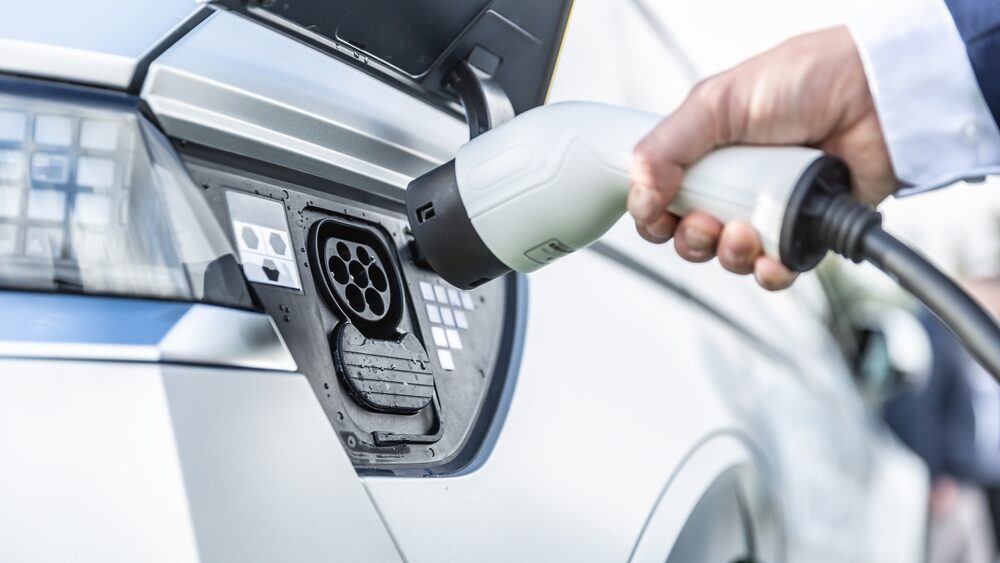Introduction
The transportation industry is going through a significant transition in a time when sustainability is becoming increasingly important. People’s interest in electric vehicles (EVs) has grown, leading many to reevaluate their dependence on gasoline-powered automobiles. However, in the midst of this change, it’s critical to understand that the decision to move to electric alternatives has important ramifications. This choice represents a dedication to both technological advancement and environmental stewardship, going beyond simple preference. It is crucial to comprehend the complex interactions between the advantages and disadvantages. People can confidently and clearly navigate the path towards sustainable mobility by exploring the many factors that surround this change.
Embracing the Pros

- Environmental Benefits: The advantages of switching to electric vehicles for the environment are among the strongest justifications for doing so. Electric vehicles emit no tailpipe emissions, which lowers air pollution and lessens the negative effects of greenhouse gases, in contrast to gasoline-powered automobiles. Choosing EVs allows people to support international efforts to combat climate change while also improving the planet’s health and contributing to cleaner air.
- Cost Savings: Buying an electric car can save a lot of money over time, even though the initial cost may be higher than that of a car powered by gasoline. Because they have fewer moving parts and don’t require oil changes, EVs usually have lower operating and maintenance costs. Furthermore, compared to gasoline, the price of electricity is typically more stable, which could eventually result in significant fuel cost savings.
- Improved Driving Experience: The instant torque and seamless acceleration of electric vehicles provide a distinctive driving experience. Because there isn’t a conventional combustion engine, the rides are quieter and less vibrational, which improves passenger and driver comfort levels. To further enhance the allure of electric mobility, a lot of EVs come equipped with cutting-edge amenities and cutting-edge technology.
- Government Incentives: Through a variety of initiatives and programs, governments all over the world are encouraging the adoption of electric vehicles. These incentives could come in the form of tax credits, rebates, or subsidies for buying electric vehicles. They might also include benefits like reduced registration costs, toll-free travel, and access to carpool lanes. Making the switch to electric vehicles more financially appealing may be achieved by taking advantage of these incentives.
Weighing the Cons
- Range Limitations: The limited driving range of electric cars on a single charge is one of the main issues with them. Even though recent improvements in battery technology have increased the range of EVs, they usually still have a shorter range than cars powered by gasoline. Some people still struggle with range anxiety, which is the fear of running out of battery power while driving, particularly those who travel long distances on a regular basis.
- Infrastructure for Charging: Potential owners of electric cars should take into account the accessibility and availability of infrastructure for charging. Even with the growing network of EV charging stations, they might not be as widespread and practical as traditional refueling stations. The method of charging can also have a big impact on how long a battery takes to charge; slow charging at home can take several hours, while fast charging stations require much less time.
- Cost Up Front: Despite the fact that electric cars save money on operating expenses over the long run, many consumers may be put off by the upfront cost. For some buyers, the sticker price of an electric vehicle (EV) may be higher than that of a car powered by gasoline. Even though lower manufacturing costs and government incentives are contributing to closing this gap, affordability is still a factor for those who are thinking about making the move.
- Life of Batteries and Recycling: Research and discussion on the longevity and recyclability of batteries for electric vehicles are ongoing. Even though EV batteries nowadays are made to last hundreds of thousands of miles, questions remain about how long they will last and how to dispose of them in the end. Furthermore, the extraction of raw materials for battery production brings up moral and environmental issues, emphasizing the necessity of recycling initiatives and sustainable battery solutions.

Conclusion
The switch from gasoline-powered to electric vehicles marks a dramatic paradigm shift in the automotive industry’s ongoing evolution. While there are many advantages to driving an electric car, such as cost savings, environmental sustainability, and improved driving quality, there are drawbacks as well, including range restrictions, infrastructure issues for charging, upfront costs, and battery concerns. People should carefully consider the benefits and drawbacks of switching to an electric car before making the decision, taking into account things like their driving style, financial situation, and environmental priorities. Making decisions can also be facilitated by keeping up with developments in government incentives and electric vehicle technology. In the end, the decision to adopt electric mobility is a personal one that is shaped by unique circumstances, values, and preferences. Prospective owners of electric cars can make well-informed decisions that suit their needs and help create a more sustainable driving environment by carefully weighing the benefits and drawbacks.

